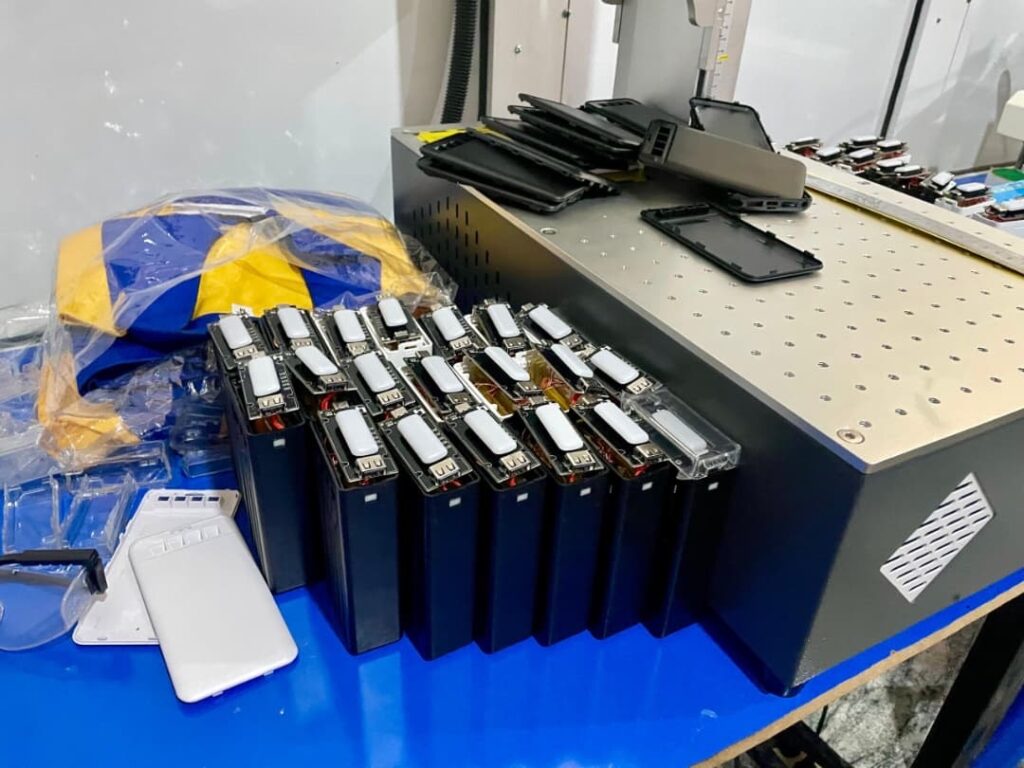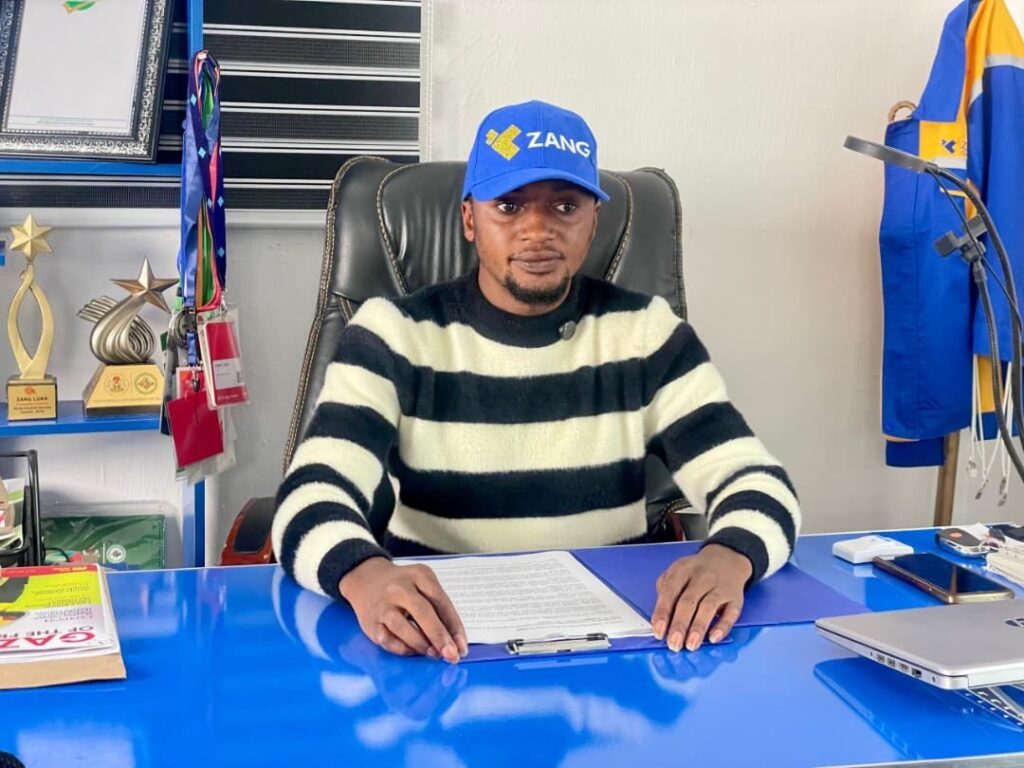Zang Global Limited has unveiled plans for a major Product Launch, Exhibition, and Fundraising event scheduled for October 26, 2025, in Jos, Plateau State. The event will showcase the company’s innovation and growth in developing indigenous technology solutions since its founding in 2018.
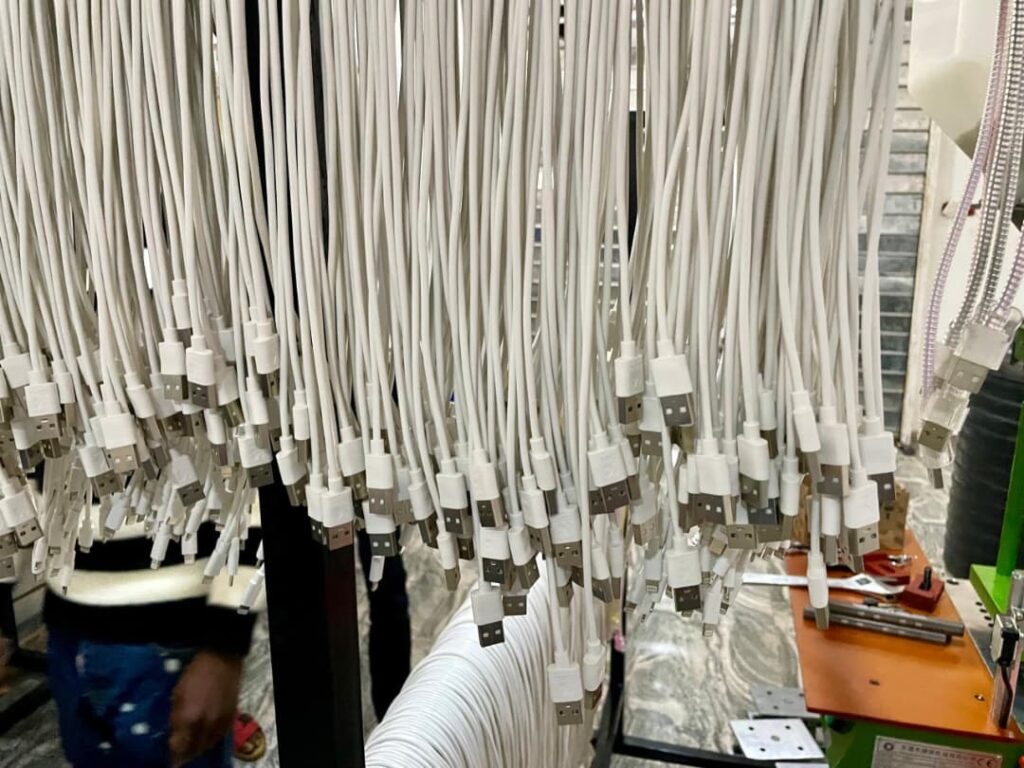
The company began by recycling electronic waste into useful products such as power banks and solar lanterns. Over the years, it has evolved into a brand that demonstrates Africa’s capacity to produce durable, high-quality electronics locally.
At the upcoming event, Zang Global will officially introduce its new line of Made-in-Nigeria USB Cables and Mobile Phone Chargers under the brand name Zang Accessories—products designed to be affordable, durable, and proudly local.
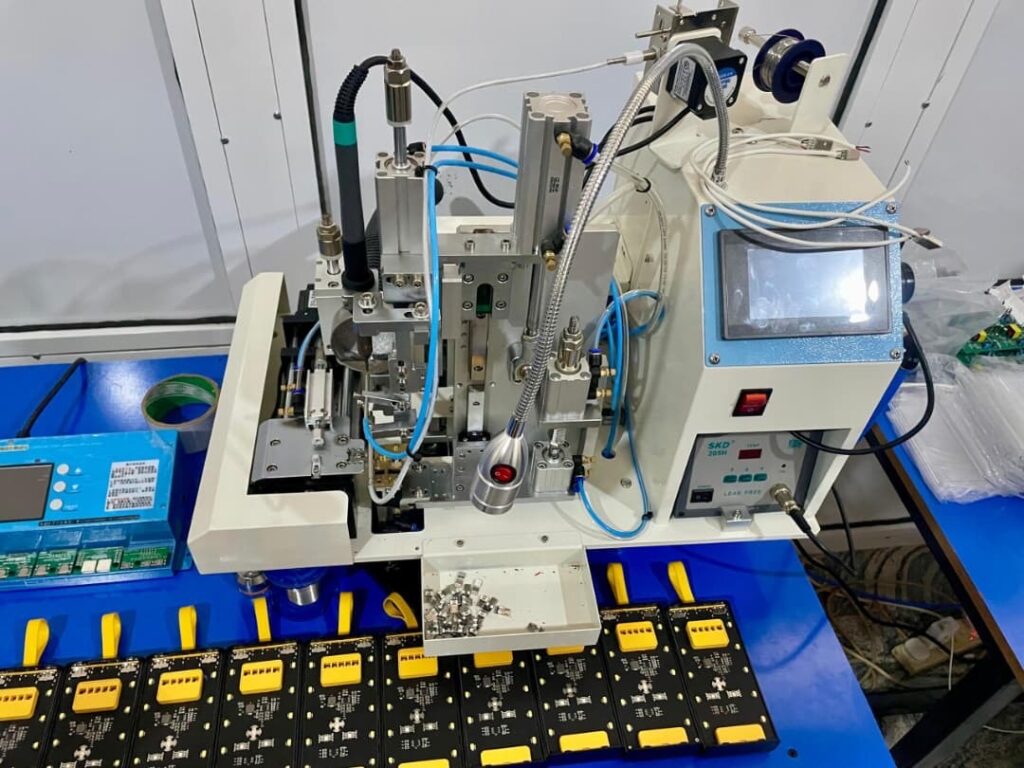
In addition, the company is championing environmental sustainability through waste cable recycling. By converting discarded cables into copper granules, Zang Global helps reduce harmful practices such as cable burning while creating new value from waste.
The fundraising segment of the event is dedicated to supporting the establishment of a production plant and training center in Jos. This initiative aims to empower youths and displaced persons with skills in e-waste recycling and renewable energy, while advancing the company’s long-term vision of creating 15,000 jobs across Africa by 2029.
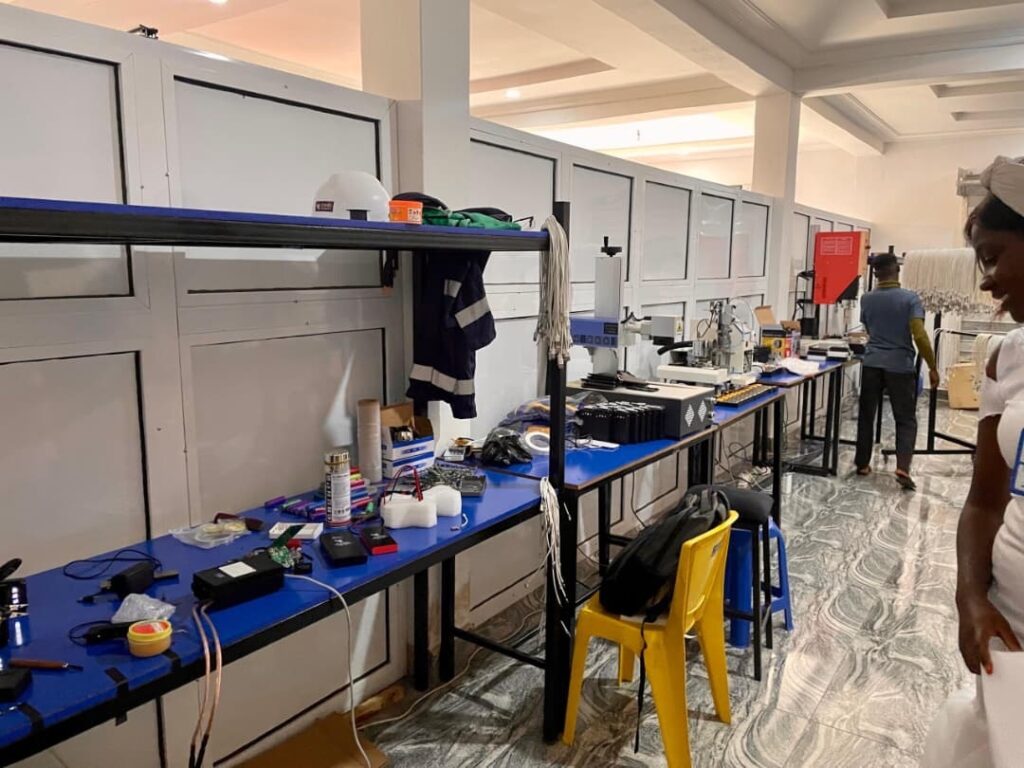
Speaking ahead of the event, Zang Luka Bot, CEO of Zang Global Limited, said his innovation journey was fueled by a desire to tackle Africa’s persistent power challenges. He shared how this passion led him to experiment with electronic waste, eventually discovering valuable components and building his first power solution after several failed trials.
Despite being assigned to an arts class in secondary school, Zang Luka pursued science independently through self-study and experimentation. His determination later guided him to study computer science, a foundation that shaped his pioneering work in recycling and technology.
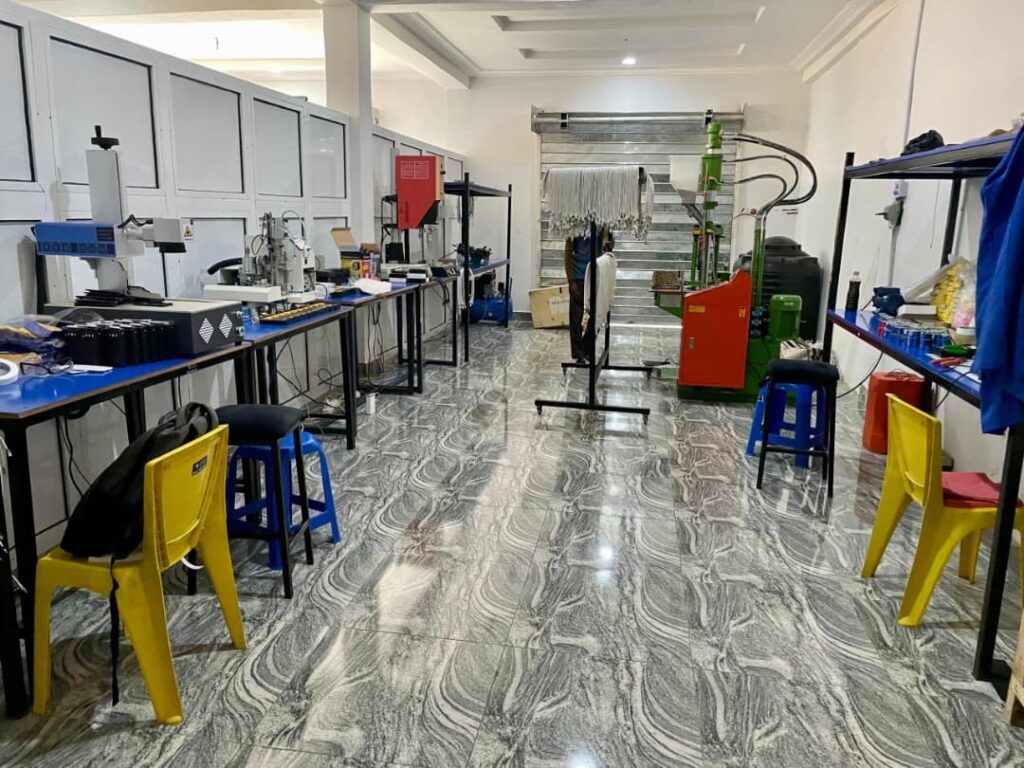
Today, Zang Global relies on 70% locally sourced materials—mainly from electronic waste such as condemned laptop batteries—while 30% of inputs are imported. The company rejuvenates lithium batteries and other components, contributing to pollution reduction and environmental sustainability.
Looking ahead, the company plans to scale up solar-powered innovations to tackle Nigeria’s electricity supply gaps. Already, products like solar lanterns are transforming lives in rural communities by enabling students to study at night without candles or kerosene lamps.
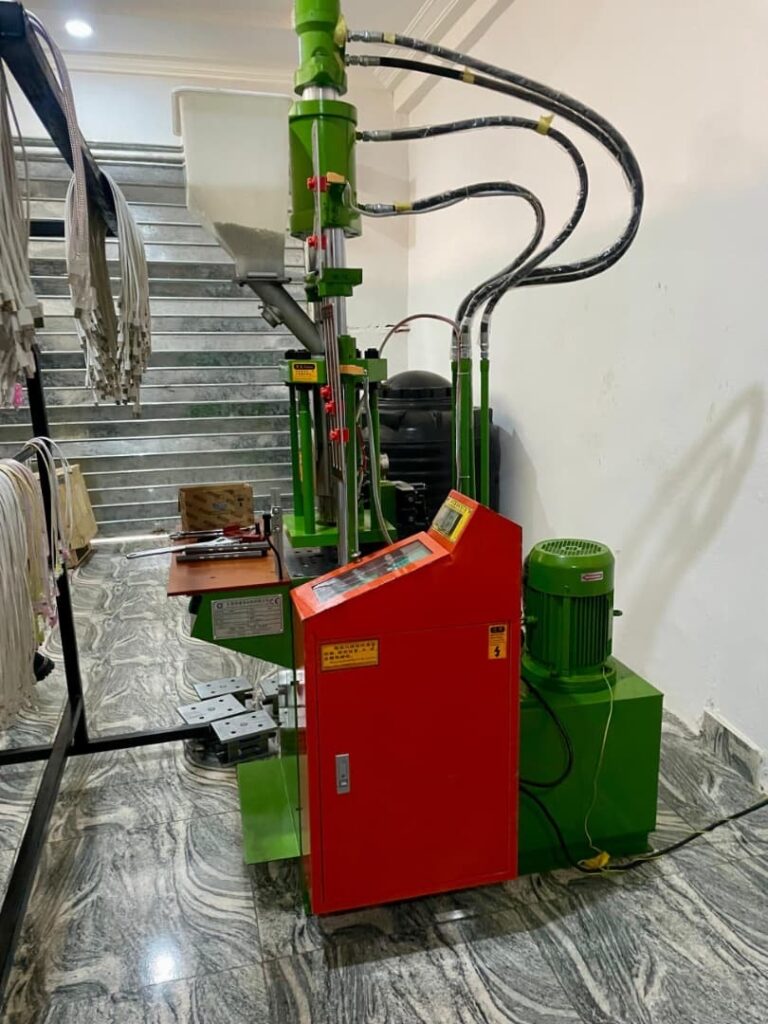
On the challenges faced, Luka highlighted the scarcity of resources, tools, and machinery required for large-scale production. While acknowledging the recognition received through the 2019 National MSME Award, he called on government and stakeholders to invest more in local innovation. He further emphasized Zang Global’s ambition to expand operations beyond Plateau State and Nigeria, with a target of reaching markets across Africa and globally.
